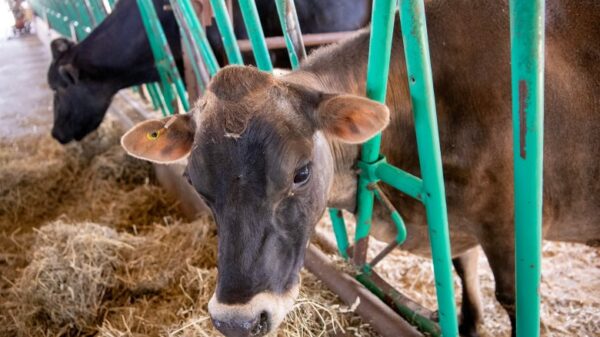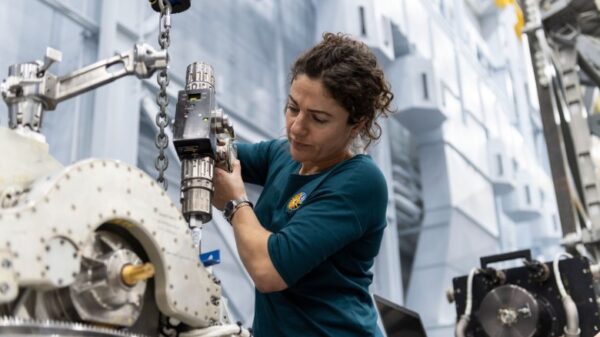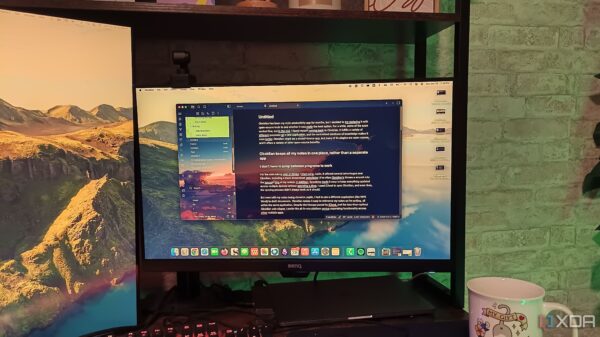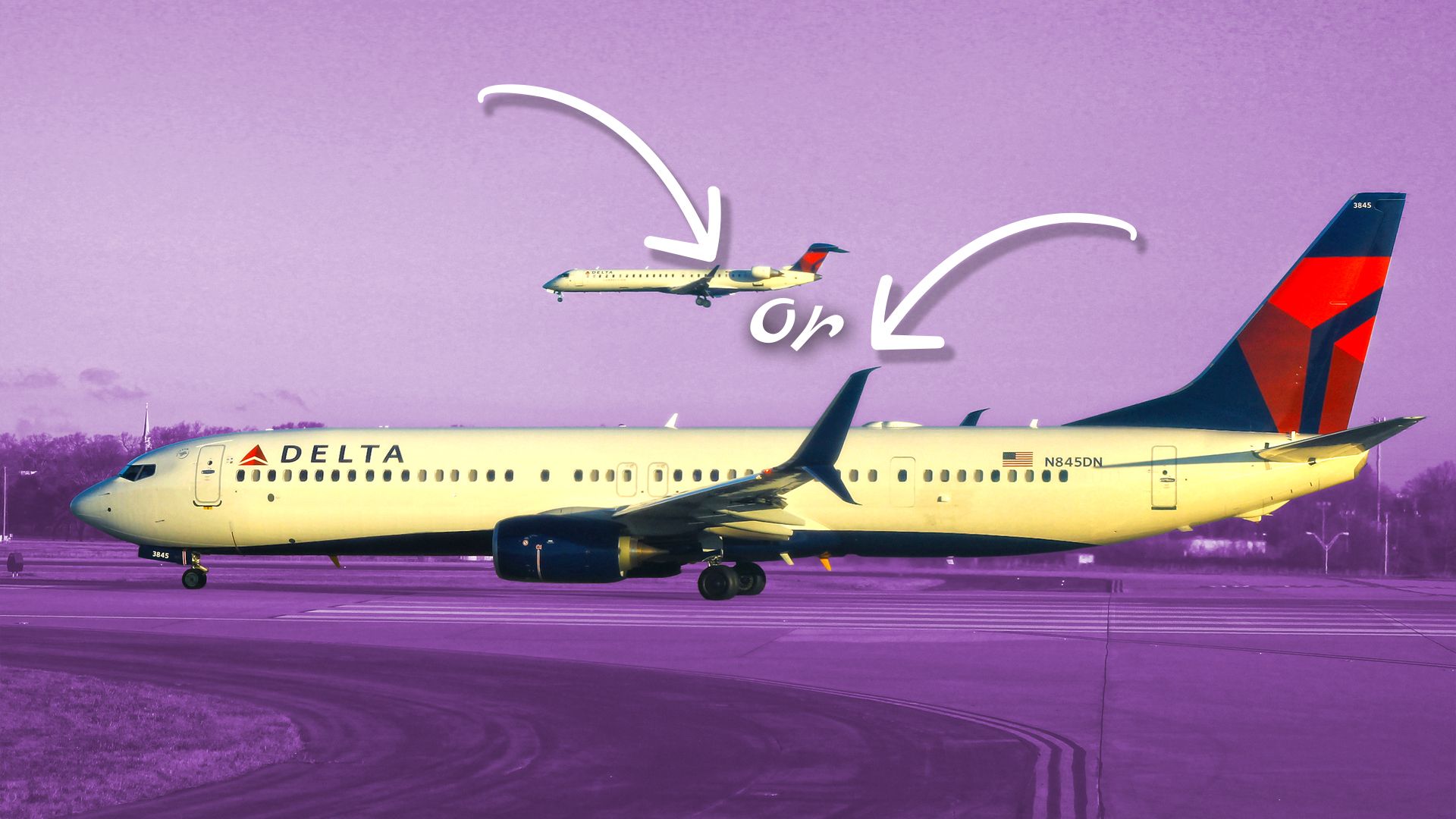Delta Air Lines has announced a significant enhancement to its fleet by adopting Split Scimitar Winglets for its Boeing 737-800 and 737-900ER aircraft. This decision, made through a partnership with Aviation Partners Boeing (APB), aims to improve fuel efficiency and operational performance while reducing carbon emissions.
The Atlanta-based airline operates one of the largest fleets globally, with a comprehensive array of domestic and international routes. Delta has already implemented APB’s winglet products across various aircraft models, including the Boeing 757-200, 757-300, and 767-300ER, which utilize the original Blended Winglets. The new Split Scimitar design is expected to further enhance fuel efficiency, resulting in substantial savings in aviation jet fuel consumption.
Understanding Winglet Technology
Winglets are critical in modern aviation for improving aerodynamics and reducing drag. The original Blended Winglets feature an upward fin that helps transition airflow smoothly across the wing, lessening drag and enhancing fuel efficiency. These winglets have been widely adopted since their introduction in the early 2000s, saving airlines billions of dollars annually by improving fuel economy and enabling longer operational ranges.
In contrast, the Split Scimitar Winglets incorporate both upward and downward fins. This design creates a weaker vortex at the wingtip, yielding a significant reduction in drag. Research indicates that aircraft equipped with these winglets can achieve a fuel burn reduction of between 1.6% and 2.2%, translating into lower operational costs and a smaller carbon footprint for airlines.
Delta’s Commitment to Sustainability
Delta is focused on enhancing its operational efficiency and sustainability. The adoption of Split Scimitar Winglets aligns with the airline’s broader commitment to achieving net-zero carbon emissions by 2050. As part of this initiative, Delta plans to integrate 10% of its jet fuel with Sustainable Aviation Fuel (SAF) by 2030. The airline has already utilized over 13 million gallons of SAF in 2024.
Other strategies include modernizing the fleet with more fuel-efficient aircraft like the Airbus A321neo and A220, optimizing flight operations through better routing and weight reduction, and transitioning to electric ground equipment. Additionally, Delta is exploring hydrogen-powered aircraft in collaboration with Airbus to further reduce its environmental impact.
Several major airlines have already recognized the benefits of Split Scimitar Winglets. For instance, United Airlines has fully implemented this technology across its 737, 757, and 767 fleets, contributing to a more sustainable operational model. Similarly, Qantas Airways is retrofitting its Boeing 737-800 aircraft with these winglets to enhance fuel efficiency and reduce emissions.
The retrofit of Delta’s fleet is projected to position the airline advantageously in the competitive landscape of the aviation industry. By prioritizing fuel efficiency, Delta aims to lower operating costs and potentially reduce ticket prices for passengers.
What Lies Ahead for Delta Air Lines
The partnership with APB marks a crucial step in Delta’s ongoing efforts to adopt innovative technologies that support sustainable aviation. As the airline continues to upgrade its fleet with Split Scimitar Winglets, it not only enhances operational performance but also contributes to the industry’s collective goal of minimizing environmental impact.
APB expressed enthusiasm about its collaboration with Delta, emphasizing that the commitment to sustainability aligns well with the benefits provided by the new winglets. As Delta integrates these advanced winglets into its operations, the anticipated savings and efficiency gains will contribute positively to both the airline’s financial health and environmental objectives.
In summary, Delta Air Lines is set to benefit from the integration of Split Scimitar Winglets in its Boeing 737 fleet, demonstrating a strong dedication to innovation and sustainability in aviation. This strategic move is expected to yield significant operational efficiencies, supporting Delta’s long-term goals and enhancing the overall flying experience for its passengers.






































































